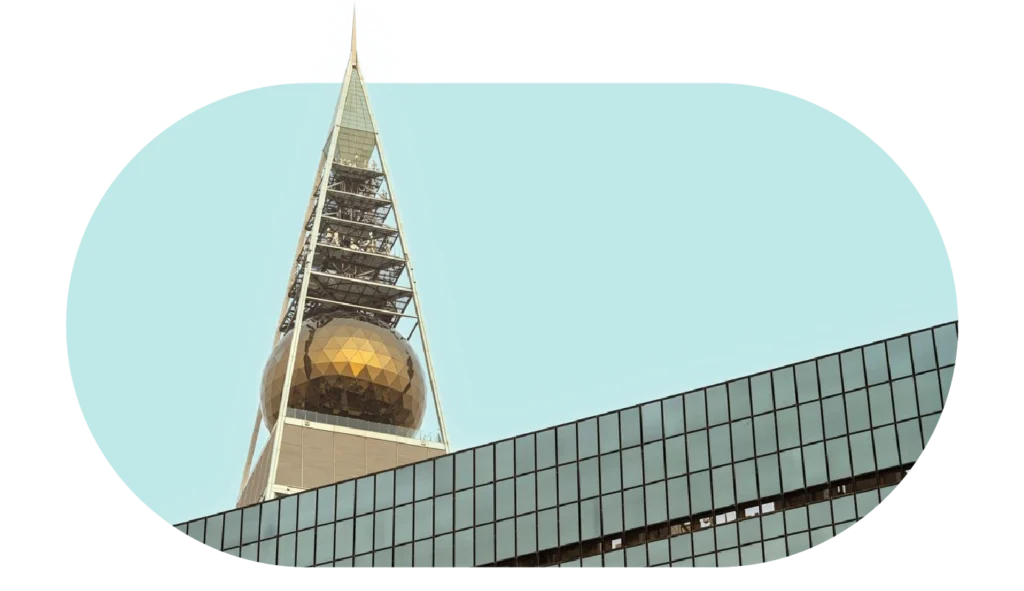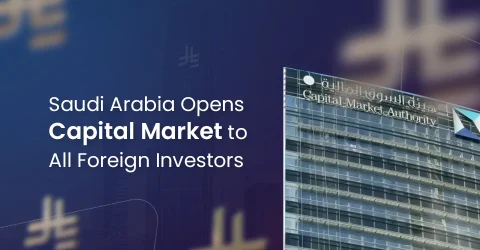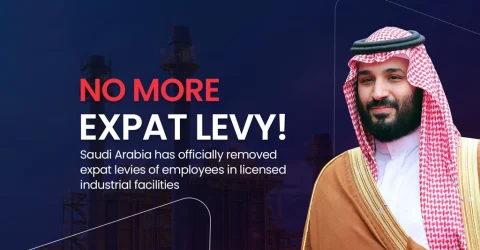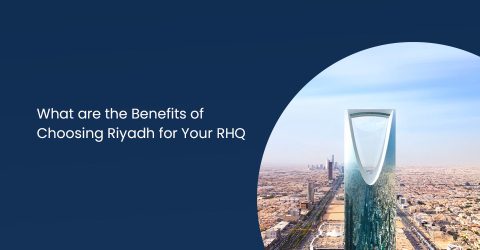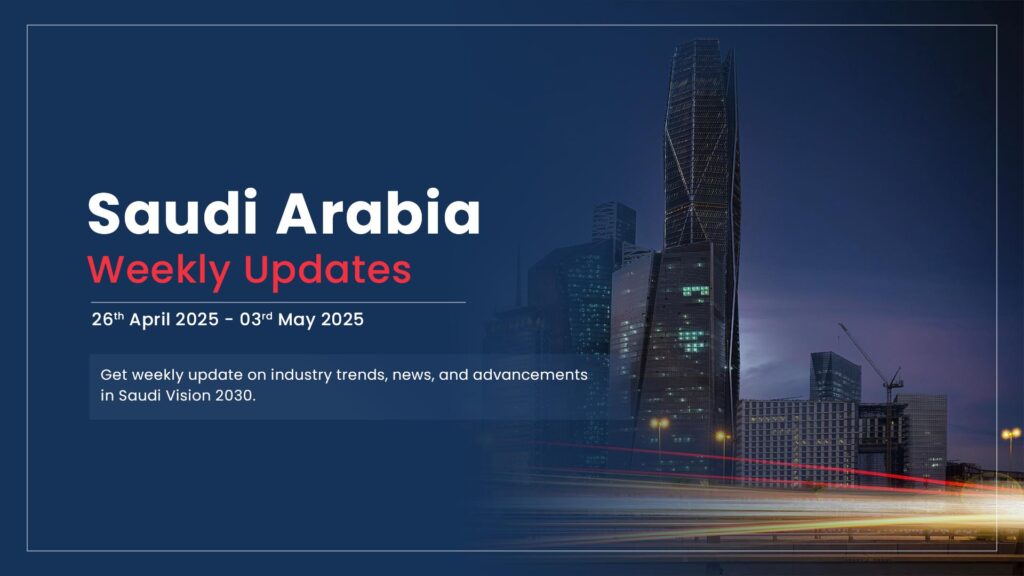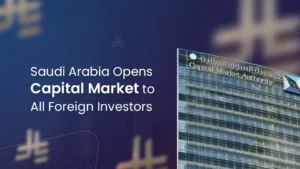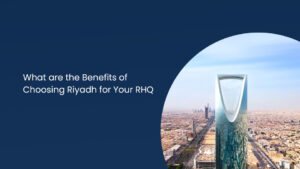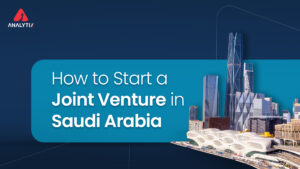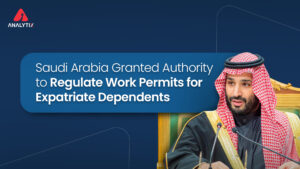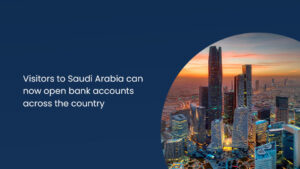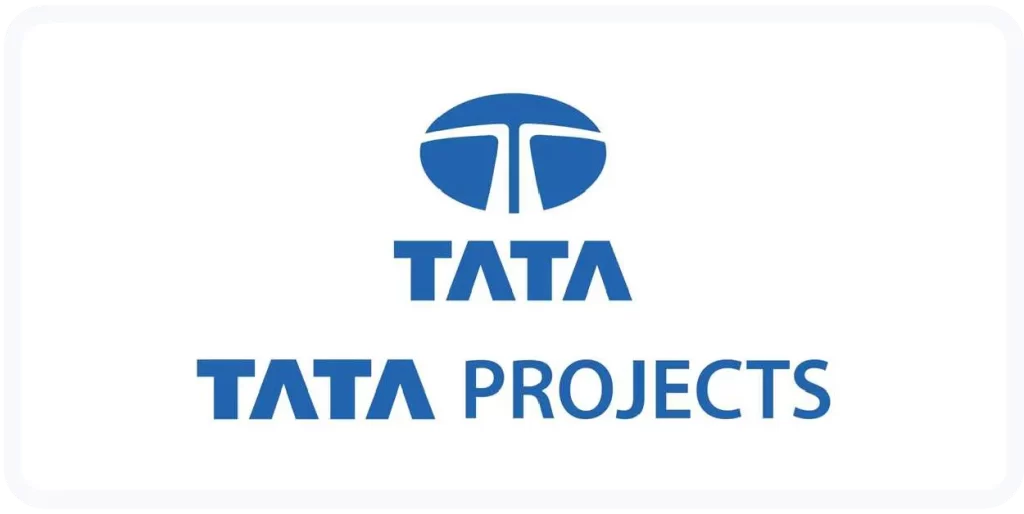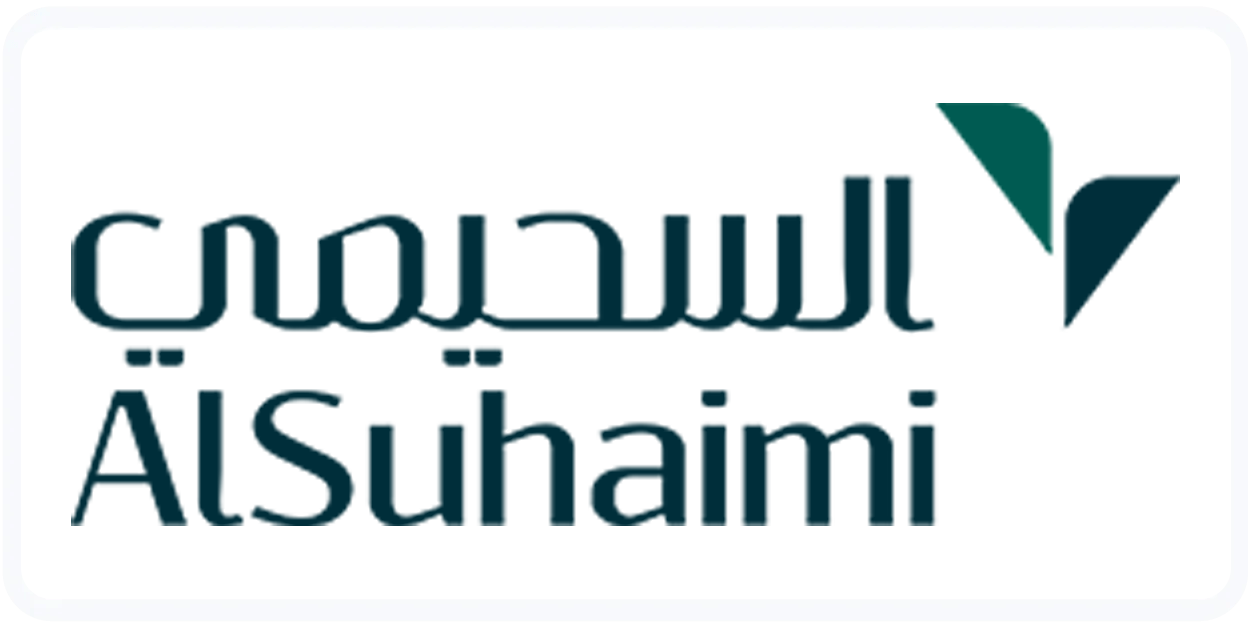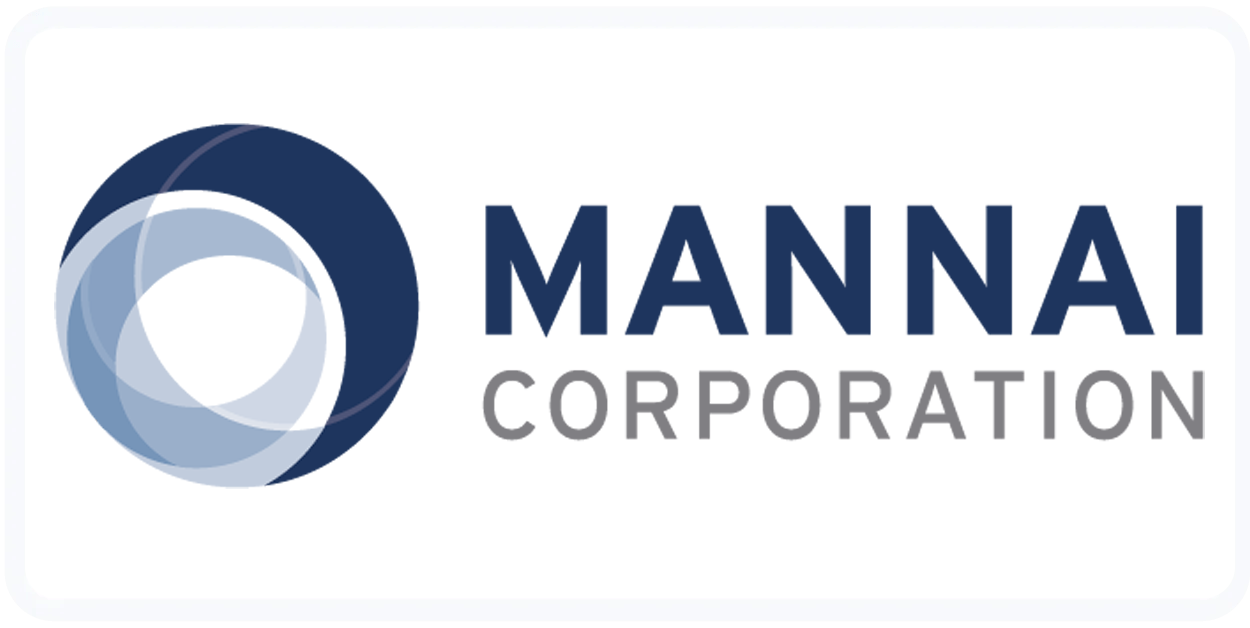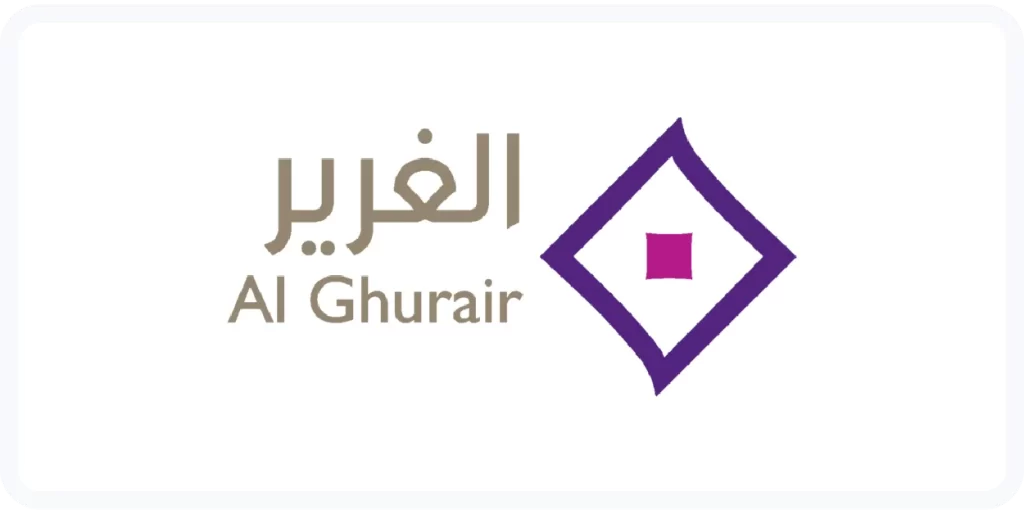RIYADH: Saudi Arabia’s Net foreign direct investment (FDI) reached SR22.1 billion ($5.89 billion) in the fourth quarter of 2024, a 26% increase from the previous quarter — the highest quarterly figure of the year.
The surge outpaced the previous quarterly results of 2024, with net FDI at SR15.5 billion in Q1, SR19 billion in Q2, and SR17.5 billion in Q3, indicating rising investors confidence as the country works towards its Vision 2030’s economic transformation goals. FDI inflows in Q4 2024 were SR23.8 billion, a 17% increase from Q3, while outflows fell to SR1.8 billion, a drop of 39% from the previous quarter.
Saudi Arabia aims to attract $100 billion in FDI yearly by the end of the decade as it would help in reducing the kingdom’s reliance on oil revenue and develop sectors like tourism, technology, logistics, and renewable energy. The country’s initiatives include regulatory reforms such as revised investment law approved in October, promising greater transparency, simplified processes and improved investor protections such as property rights and easier fund rights.
Saudi Arabia’s climb to the 13th position in the Kearney’s 2025 Foreign Direct Investment Confidence Index and its ranking as the third-most attractive emerging market reflects the continued global confidence in the kingdom’s economic transformation strategy.
Saudi GDP Rises 2.7% in Q1 2025
RIYADH: Saudi Arabia’s real GDP surged by 2.7% on a yearly basis in the first quarter of 2025, as per the flash estimates from the General Authority for Statistics (GASTAT). This growth was mainly due to a 4.2% rise in non-oil activities, making it the 17th consecutive quarter of non-oil sector growth. Government services also played a key role, rising by 3.2% during the period. In contrast, oil related activities fell by 1.4%, indicating the result of OPEC+ production cuts and lower global oil prices.
The rapid growth of the non-oil sectors supports the Vision 2030’s strategy which aims to reduce reliance on oil revenue and diversify the economy. GASTAT’s latest complete revision of GDP estimates includes changes to nominal and real GDP aiming to improve data quality and complying with international standards. The revision also raised the reported contribution of non-oil activities to 53.2% of GDP, a 5.7% increase over previous estimates.
On a quarterly basis, seasonally adjusted GDP increased by 0.9% quarter-on-quarter, with government activities rising by 4.9% and non-oil output up by 1.0%. The oil sector’s GDP fell by 1.2% compared to the previous quarter. Regionally, Saudi Arabia’s economic growth surpassed Qatar’s 1.7% and Bahrain’s 2.1% but less than the UAE’s expected 4% for 2024.
Saudi authorities are actively investing in data infrastructure and advanced technologies to enhance statistical accuracy and assist with economic planning. GASTAT officials emphasized that accurate statistics are crucial for development and long-term growth in the kingdom.
Saudi Arabia to build $79M Logistics Zone at Dammam Port
RIYADH: Saudi Arabia’s General Ports Authority (Mawani) signed an SR300 million ($79 million) deal with Alissa International Motors to build a major logistics zone at King Abdulaziz Port in Dammam, supporting the kingdom’s goal to become a global logistics hub. The new facility will cover 382,000 square meters and serve as a major hub for importing and re-exporting vehicles and spare parts. It will have a 7,000-square-meter warehouse exclusively for spare parts and will accommodate more than 13,000 vehicles.
This program is a part of Saudi Arabia’s National Strategy for Transport and Logistics to boost supply chain efficiency and attract domestic as well as foreign investment. The Dammam Logistics Zone is a part of a broader SR10 billion plan to build 20 integrated logistics hubs around the country. Mawani pointed out that the project will strengthen the port’s competitiveness and promote economic diversification by increasing private sector participation.
In another agreement, Mawani partnered with Sultan Logistics to build another logistics zone at the same port, valued at SR200 million. This second facility will span 197,000 square meters and include 35,000 square meters of warehouse space, administrative offices, storage yards for dry and refrigerated containers, and a dedicated re-export area.
In 2024, Saudi Arabia launched eight logistics zones and centres, with SR2.9 billion in private sector investment, as part of its broader plan to strengthen its position as a leading logistics powerhouse. King Abdulaziz Port, already an important link to international markets, is likely to experience a significant boost in operating capacity and competitiveness with the new developments.
Saudi Arabia to use AI to improve Data Platforms for Vision 2030
RIYADH: Saudi Arabia is stepping up its efforts to use AI and advanced technologies to boost its data platforms and achieve the goals of Vision 2030. At the inaugural of Saudi Statistics Forum in Riyadh, Faisal Al-Ibrahim, Economy and Planning Minister revealed plans to build a modern, globally competitive data ecosystem to improve decision-making and economic growth. The kingdom intends to better statistical operations, data accuracy and accessibility by using AI, administrative data, and digital transformation.
The forum, which marked 65 years of official statistical work in Saudi Arabia, emphasized the sector’s advancements in terms of quality and transparency. Minister Al-Ibrahim pointed out how important accurate and timely data is for evidence-based policymaking, especially in the midst of global challenges. He stated that the country will continue to modernize the administrative data systems and implement new technology in all sectors.
Fahad Al-Dossari, president of the General Authority for Statistics (GASTAT), highlighted the agency’s dedicated to supporting national and international standards. He discussed latest strategic initiatives like the launch of 39 new statistical products in 2023 to increase sector coverage and improve regional statistics. Al-Dossari highlighted the significance of collaboration between the government, private sector and academia in ensuring the success of Saudi Arabia’s data agenda.
Bandar Alkhorayef, Industry Minister, stated the key role of reliable data in promoting industrial growth and economic diversification. He stressed that technology must be paired with trustworthy data to avoid misleading results.
GASTAT signed cooperation agreements to exchange expertise with statistical agencies of the UAE, Qatar, Estonia, and Finland. In 2026, Saudi Arabia will host the Sixth UN World Data Forum in Riyadh, strengthening its position as a leader in data and AI innovation.

